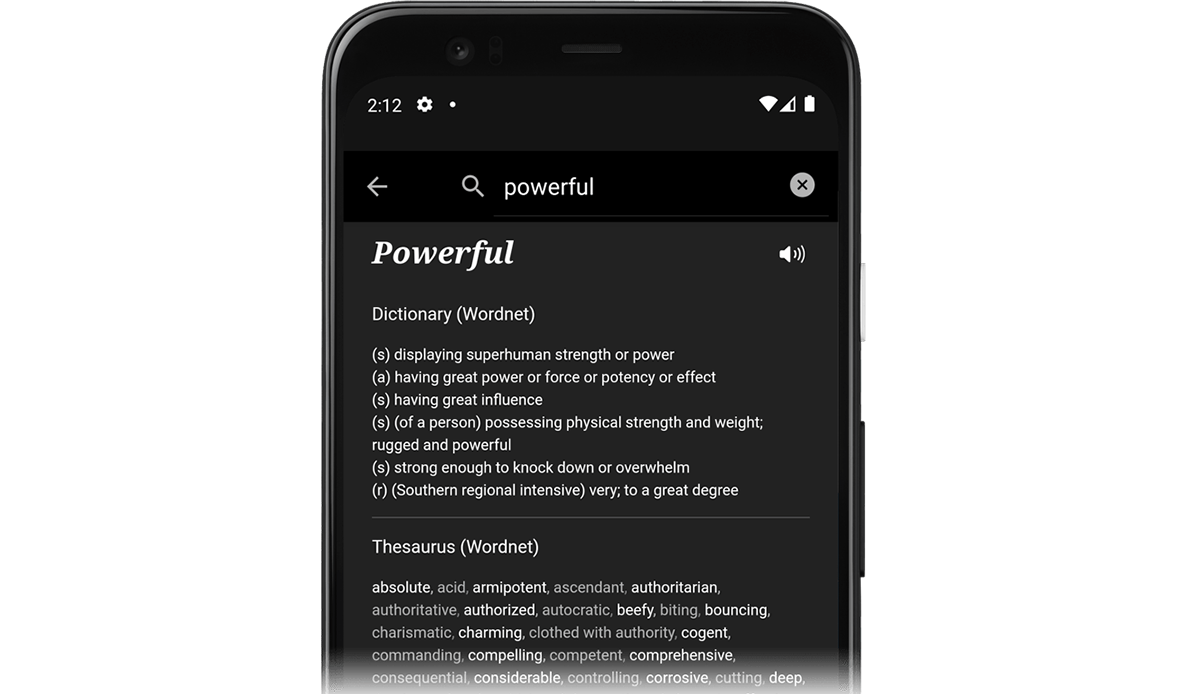Writing Compelling Dialogue: 45 Other Words For Said
In this article, we take a look at some dialogue writing tips and present 45 other words you can replace said with.

"Avoid using said!" "Said is dead!"
How many times have you heard writing advice like that? Numerous times, if we were to guess — or perhaps even too many times. While it is certainly a powerful piece of advice when it comes to writing compelling dialogue, what is the truth? Should you be using 'said', or other words for said instead?
in this article, let's take a look at some tips on how to use dialogue tags, as well as some other words for said that you can use in your writing.
The purpose of dialogue tags

Photo by Volodymyr Hryshchenko on Unsplash
Dialogue tags — your 'saids' and 'yelled's and 'cried's — serve a variety of purposes. Not only do they help the reader identify who is talking, but your choice of dialogue words will help you convey the emotion of the character and the tone in which they are speaking.
And that is why aspiring writers are encouraged to use other words for said! 'Said' usually only identifies the speaker, but often does not satisfy the other purposes of dialogue tags.
So, here are 45 other words for said that you can add to your writing repertoire!
45 Other words for said
Happiness:
crowed, exclaimed, gushed, laughed, chortled, joked, snickered, chattered
Sadness:
wailed, sobbed, lamented, protested, sniffled, squeaked, pleaded, wept
Comforting/Apologetic:
placated, assented, relented, agreed, apologized
Anger/Disagreement:
hissed, barked, jeered, snapped, taunted, bellowed, growled, demanded, griped
Fear/Uncertainty:
babbled, blurted, gulped, sputtered, quavered, shuddered, bargained, stammered
Objective/Neutral:
recounted, observed, commented, noted, stated, continued, recalled
Another easy to way to discover other words for said is to refer to a thesaurus. Luckily, with JotterPad, a digital writing app, you can easily look up definitions and synonyms for words within the app itself!

Tips on how to use dialogue tags
1. Be disciplined
Not every line of dialogue has to be accompanied with a dialogue tag. In fact, if you're an avid reader, you may have seen dialogue that goes like this:
Janet glared at James. "Where have you been?"
"Nowhere!"
"Don't lie to me."
Notice how there are no dialogue tags in this short exchange, yet you, the reader, are still able to identify who is participating in the conversation (Janet and James) and who is speaking (Janet, followed by James).
Additionally, the exclamation mark in the second line already indicates to us James' tone and volume. In all, dialogue tags are necessary in such a situation.
Using dialogue tags sparingly helps to make the conversation feel more natural and more smooth-flowing. The more dialogue tags you add, the less natural and smooth-flowing the conversation, and the more we become aware of how "scripted" the dialogue is.
2. Mix things up and use other words for said
Of course, most of time dialogue tags do have to be used. But when you do use dialogue tags, take a moment and wonder if "said" or "asked" can be replaced by other words instead.
The problem with generic tags like "said" is that it gives no personality to the dialogue. It is merely an indication of whoever is speaking and nothing more. Using other words for said, on the other hand, adds flavor and nuance to the dialogue.
Let's look at an example where other words for said help to add dimension and makes a situation interesting.
"I love you," he sneered.
The words "I love you" is a proclamation of love. Yet with the dialogue tag "sneered", a dialogue tag used to convey mockery and condescension, the tone of the words completely changes. This is exactly how other words for said can add new nuance and dimension to dialogue.
3. Sometimes, said is fine
At the end of it all, it's important to remember that "said" should not be something you should avoid at all costs! Sometimes simplicity is key, and that applies to dialogue tags as well.
Using other words for said too often can sometimes make your dialogue overly-complicated to read and takes the reader's attention away from the dialogue itself. On the other hand, most readers pass over the word "said" and focus more on what is being said.
There are no hard and fast rules on when you should use "said", other words for said or no dialogue tags at all. It may be difficult, but it's important to play things by ear and figure out what works best for your writing style.
Said is not dead, but there is most certainly no harm in using a variety of dialogue tags to make your story more dynamic! We hope that this has been useful in giving you a better idea of what dialogue tags are, and what other words you can use for said.

